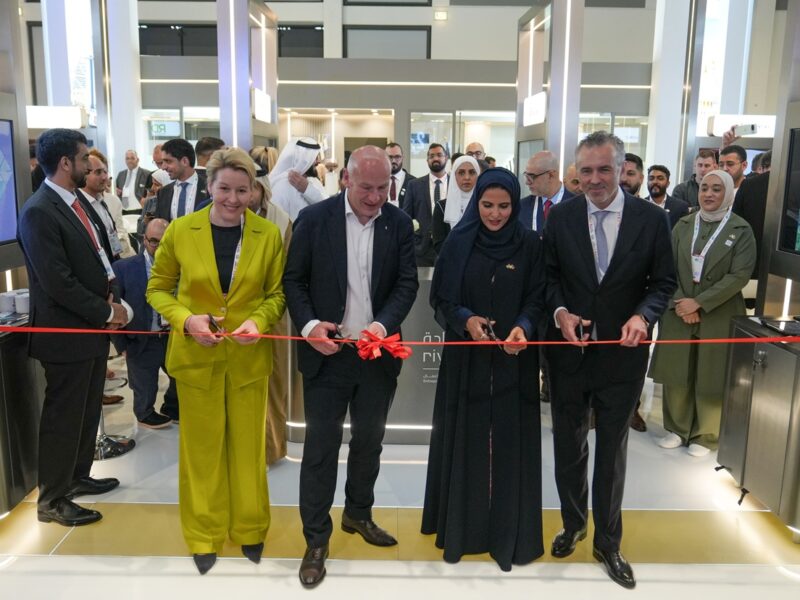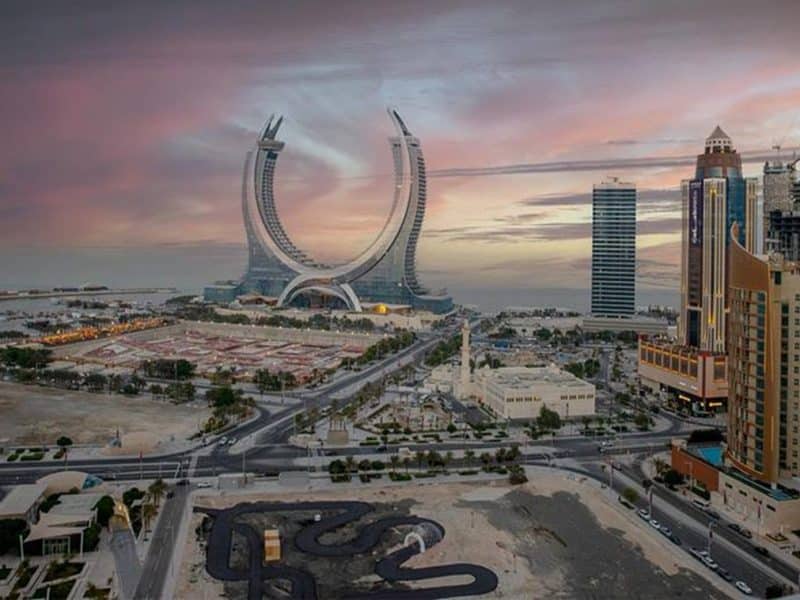A Qatari sheikh facing more than 73 legal disputes with Dubai-based developer Habtoor Leighton Group has hit back at claims of no payment, accusing HLG of mismanagement and severe delays.
Sheikh Faisal Bin Qassim Al Thani, chairman of Al Faisal Holding, said HLG should be addressing its internal issues rather than launching legal action, claiming his company had “continually pushed back project delivery dates and acceded to numerous demands from HLG for further advance payments to fund their works”.
He said both parties had initiated legal action.
Al Habtoor Group chairman Khalef Al Habtoor, who owns 25.5 percent of HLG, told Arabian Business this week the contractor, a joint venture with Australian group Leighton Holding, had launched 73 legal cases against Al Faisal in relation to the Doha City Centre development project.
Al Faisal Holding is the master developer of the project, while HLG has a $325m contract to construct five hotels – branded Renaissance, Marriott, Shangri-La, Rotana and Merweb.
Al Habtoor also has been responsible for the construction of four residential towers.
The most significant of the legal cases was recently launched after Al Faisal Holding unexpectedly sought to cash in on $100m worth of performance bonds being held by a bank as security for the completion of a phase of HLG’s work on the Doha project.
HLG argues the unexpected cashing in of the bonds was “illegal and unethical”.
The developer claims it is owed more than AED1bn ($272.25m) by Al Faisal Holding.
But in a statement to Arabian Business, Sheikh Faisal, who had initially declined to comment on the matter, said the projects being constructed by HLG had been beset by “significant and prolonged delays over a number of years”.
Phase three of the Doha City Centre project, including the Shangri-La, Rotana and Merweb hotels, still was not completed eight years after HLG took possession of the site, despite a contract stating it would be completed within two years.
Sheikh Faisal said liquidated damages in relation to the delayed phase had surpassed QR1.5bn ($410m) and continued to accrue.
Al Faisal Holding claimed it had paid in full the original contract value for many of the hotel projects, and in some cases, overpayments had been made as a result of the severe delays.
The delays also had caused AFH to lose revenue and had exposed the company to substantial financial losses, including payment of contractual penalties to operators and consultants’ fees, which continued to accrue on a weekly and monthly basis, Sheikh Faisal said.
“We have acted in good faith and in accordance with our signed agreements with Al Habtoor. We even have a written personal guarantee in place from Al Habtoor,” Sheikh Faisal said.
“We have every respect for Khalef Al Habtoor and the businessmen of the United Arab Emirates, and we entered into our contracts with them on the strength of the Al Habtoor name. Unfortunately, it appears that constant changes in Al Habtoor’s management have led to the mismanagement of these contracts, and the responsibility for the severe delays should be addressed internally by the management team of Al Habtoor.”
Sheikh Faisal said one of the cases brought by HLG already had been dismissed by the courts.
Al Habtoor told Arabian Business some of the cases would be heard in major international courts, including in London and New York, and more could be launched.
“It’s going to be big,” Al Habtoor said.
“Whatever happened, I’m 100 percent sure that HLG has been legitimate and they have the right [to bring the legal action].
“No respect has been shown to the management of HLG and to the work they’ve done for Sheikh Faisal, unfortunately.”
Al Habtoor said Al Faisal Holding was tarnishing the reputation of Qatar among developers and the disputes were affecting the Gulf state’s international relationships.
“This is like a cancer, like a disease, and if this disease spreads all over the world people will be very cautious and they’ll be very concerned to do work even with payment in advance,” he said.
“Therefore I appeal to the Emir of Qatar to do something [about] this case and similar cases.”








